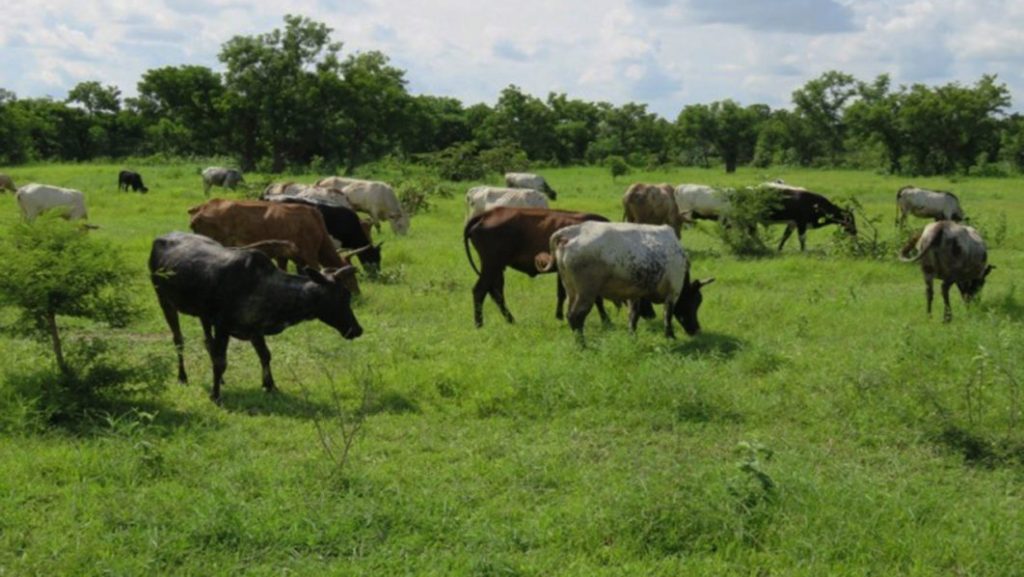As Nigerians continue to await the appointment of the new minister of agriculture, experts have continued to call attention to areas of urgent interest to set the agenda for the present administration of President Tinubu. It is observed that all eyes are on the agriculture sector this time, due its direct impact on human life, survival and health; even as many challenges continue to plague the sector.
In this wise, the revamping and remapping of cattle routes across the country have been singled out by the Vice-Chancellor of Modibbo Adama University Yola, Prof. Abdullahi Tukur. This agenda may not be far-fetched from the recurrent farmers-herders clashes and crisis in Nigeria, despite many interventions of the immediate past government of President Buhari. The Professor made this known at a seminar, organised by the Centre For Peace and Security Studies of the university. On cross-border pastoral, environmental change, and farmers-herder relations in Adamawa State, made the call to President Tinubu, to come up with a realistic programme on ranching.
Speaking at the event, Tukur stressed that climate change is one of the key drivers of farmers and herders’ clash in Nigeria. The don, who was represented by the Dean, School of Postgraduate Studies, Prof. Abel Adebayo, said the shrinking land and water resources, due to climate change, partly contributed to the lingering farmers-herders conflicts that had impacted negatively on the agricultural sector and human lives. The project’s Lead Researcher, Dr. Adam Higazi, in his presentation, on ‘Pastoral Mobility, Inter-Group Relations, and Peace Building in the Border Lands of Nigeria and Cameroon’, has urged the Federal Government to work on cattle routes and ensure that the citizenry, especially rural residents, are safe and secured while looking for means to fend for themselves. The Director of the institution’s Centre for Peace and Conflict Studies, Prof. Jude Momodu, stated that the research’s conclusions would be helpful to the government and decision-makers, as he suggested that they use technology to grow better varieties of cows and grasses.



